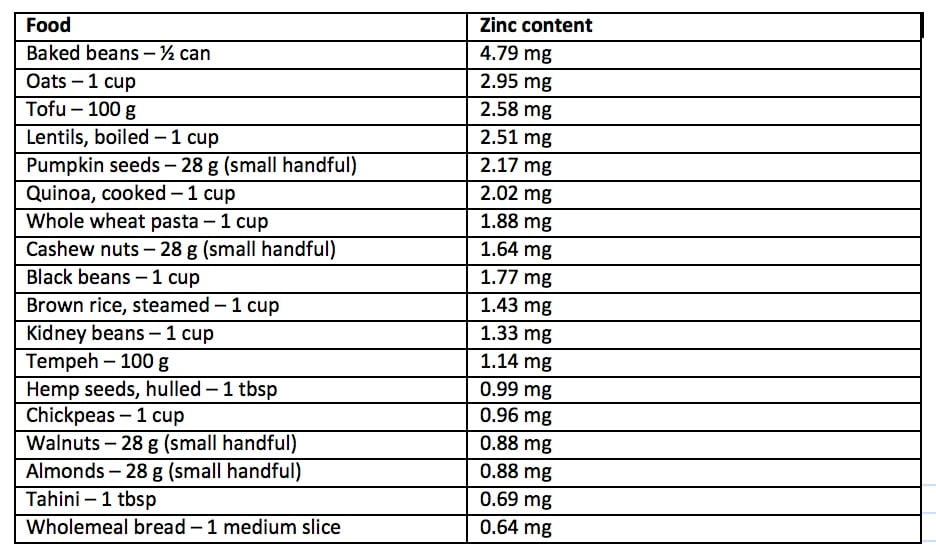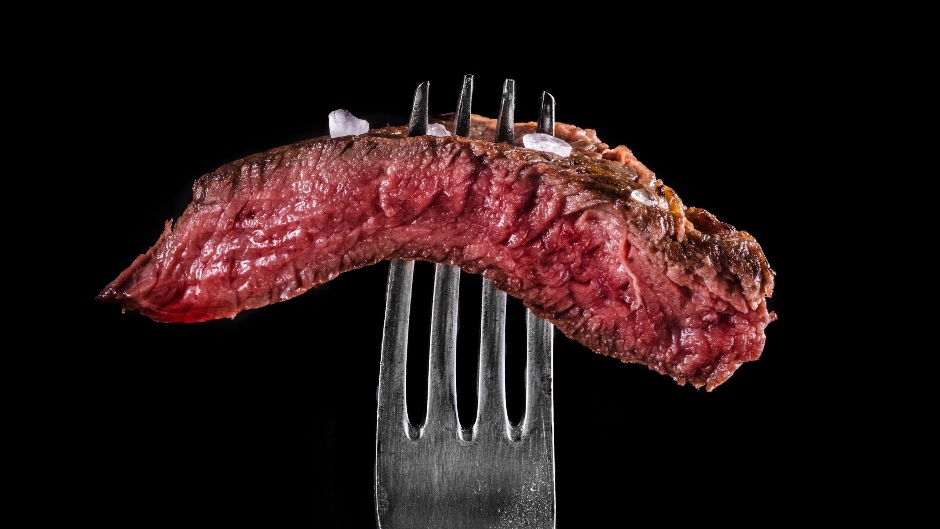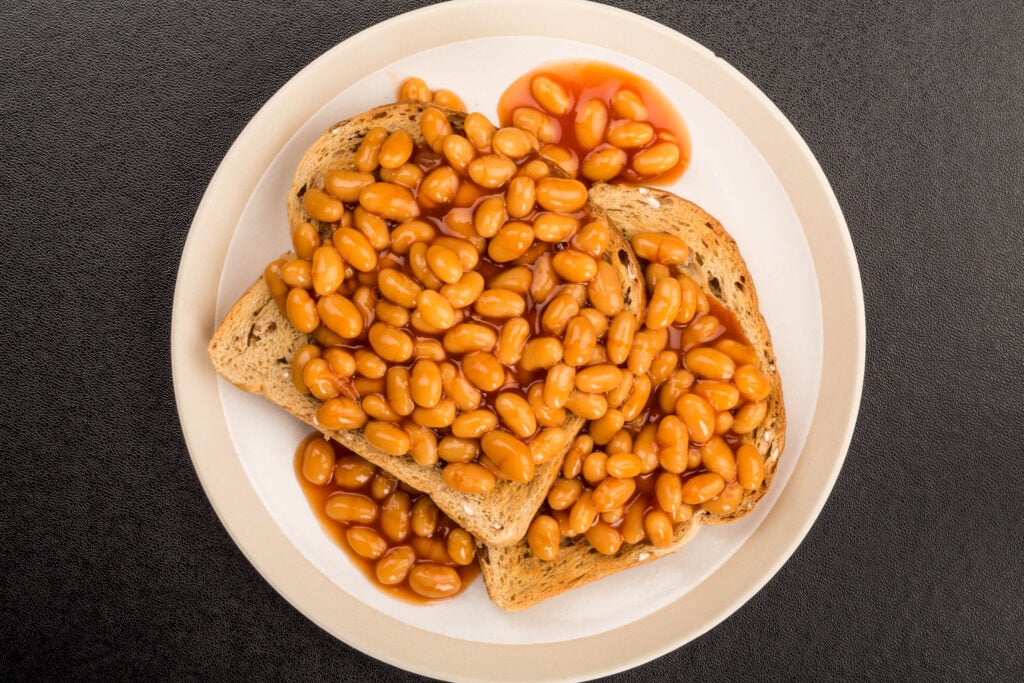Zinc is a mineral crucial for vital reactions in the body. It helps with cell growth and reproduction, processing nutrients, wound healing, healthy immune system, healthy vision, and more. So it’s all the more reason you need to be sure you prevent a zinc deficiency. Vegan food can help.
Getting the daily dose of zin
The recommended daily intakes for zinc are 7-8 mg for women and 9.5-11 mg for men. Why more for men? It’s simple: they use more in body maintenance and also because zinc is vital for healthy sperm so the higher dose accounts for certain losses as well.
It’s not difficult to prevent deficiency by getting your daily zinc dose from plant foods. However, the concentration of zinc in plants varies based on its levels in soil, so opting for food grown in healthy, organic soil may help boost zinc levels.
The best plant sources of zinc include beans, lentils, tofu, tempeh, oats, wholemeal bread, whole wheat pasta, quinoa, brown rice, pumpkin seeds, hemp seeds, other nuts and seeds, and tahini – sesame seed paste. And that wide range of zinc-rich foods makes it quite easy to include plenty of zinc sources in your diet. As a large population study showed, vegans have more than adequate zinc intakes if their diet is based around whole foods (Rizzo et al., 2013).

Zinc Supplements
Most people don’t need to supplement, in fact, taking high doses of zinc can be problematic. Too much zinc reduces the amount of copper your body can absorb and because copper is another essential nutrient, you don’t want to block it. So supplementing may be something to discuss with your doctor.
At the other end of the spectrum, too little zinc over long periods of time can cause various skin problems, hair thinning, weak immune system, slow wound healing, tiredness, diarrhoea, loss of appetite, mental slowness and impaired vision.
Zinc absorption
Some people claim that zinc bioavailability from plant wholefoods may be reduced because of phytate – an antioxidant that somewhat inhibits the absorption of zinc and iron from foods.
Phytate is a natural compound found in unrefined grains, seeds and pulses. However, many methods we use in meal preparation reduce the phytate content of plant foods – soaking pulses (beans, chickpeas, lentils) and discarding the water before cooking reduces phytate, or, when you buy these canned, it’s already been done for you.
Soaking and fermenting wholegrains and pulses – used in the making of bread or tempeh – also gets rid of substantial amounts of phytate. And good old cooking diminishes phytate content as well (Gupta et al., 2015).
It’s a good idea to include multiple sources of zinc in your diet, but phytate isn’t such a big issue after all. In fact, it’s a valuable antioxidant that helps to protect our digestive tract. So, having some phytate in your diet may be beneficial.
Zinc in animal products
Red meat contains zinc and is often recommended as a good source. Whilst steak or lamb chops may cover some of your zinc needs, they also contain high amounts of saturated fat and cancer-causing substances.
Meat-eaters have up to 63 percent higher risk of high blood pressure compared to vegans (Pettersen et al., 2012) and are much more likely to have other heart disease risk factors, such as raised cholesterol or increased risk of obesity (Matsumoto et al., 2019). A meat-heavy diet is also linked to a 40 percent increased risk of heart disease (Kahleova et al., 2018). Much of this is down to all the saturated fat that meat contains having multiple negative health effects.

Meat
Both red and processed meats have also been linked to increased risks for certain types of cancers including bowel, breast, prostate, and pancreatic cancer (WHO/IARC, 2015; Wolk, 2017).
According to a 2014 study by Oxford University, a vegan diet brings a 19 percent lower risk of developing cancer compared to meat-eaters.
This result corresponds with other scientific studies that show 15-18 percent lower cancer rates in vegans (Huang et al. 2012; Tantamango-Bartley et al., 2013; Dinu et al., 2017; Segovia-Siapco and Sabaté, 2018).
Zinc and Immunity
Zinc is crucial for a healthy immune system. If your daily diet includes good zinc sources, you’re keeping your immune system sharp and ready to defend you from an array of viruses. But what if you catch a cold – would taking extra zinc help?
Research shows that taking zinc as soon as you get the first symptoms can somewhat reduce the duration and severity of the cold (Singh and Das, 2013). It won’t make the cold go away but may result in you suffering a bit less and for a shorter time.
There’s one catch though – taking too much zinc, using nasal sprays or lozenges with it can result in the loss of smell, taste and nausea (Jafek et al., 2004; Alexander and Davidson 2006; Singh and Das, 2013). So proceed with caution.
To make sure you have enough zinc in your diet, try to make a habit out of having at least one generous serving of pulses (beans, lentils, tofu), a couple of servings of wholegrains (wholemeal bread, oats, whole wheat pasta, brown rice) and some nuts and seeds daily.
References:
Alexander TH, Davidson TM. 2006. Intranasal zinc and anosmia: the zinc-induced anosmia syndrome. Laryngoscope. 116:217-20.
Dinu M, Abbate R, Gensini GF, Casini A, Sofi F. 2017. Vegetarian, vegan diets and multiple health outcomes: A systematic review with meta-analysis of observational studies. Critical Reviews in Food Science and Nutrition. 57(17): 3640-3649.
Gupta RK, Gangoliya SS, Singh NK. 2015. Reduction of phytic acid and enhancement of bioavailable micronutrients in food grains. Journal of Food Science and Technology. 52(2):676-684.
Huang T, Yang B, Zheng J, Li G, Wahlqvist ML and Li D. 2012. Cardiovascular disease mortality and cancer incidence in vegetarians: a meta-analysis and systematic review. Annals of Nutrition and Metabolism. 60 (4) 233-240.
Jafek BW, Linschoten MR, Murrow BW. 2004. Anosmia after intranasal zinc gluconate use. American Journal of Rhinology. 18:137-41.
Kahleova H, Levin S, Barnard ND. 2018. Vegetarian Dietary Patterns and Cardiovascular Disease. Progress in Cardiovascular Disease. 61(1):54-61.
Key TJ, Appleby PN, Crowe FL, Bradbury KE, Schmidt JA, Travis RC. 2014. Cancer in British vegetarians: updated analyses of 4998 incident cancers in a cohort of 32,491 meat eaters, 8612 fish eaters, 18,298 vegetarians, and 2246 vegans. American Journal of Clinical Nutrition. 100 Suppl 1:378S-385S.
Matsumoto S, Beeson WL, Shavlik DJ, Siapco G, Jaceldo-Siegl K, Fraser G, Knutsen SF. 2019. Association between vegetarian diets and cardiovascular risk factors in non-Hispanic white participants of the Adventist Health Study-2. Journal of Nutrition Science. 8:e6.
Pettersen BJ, Anousheh R, Fan J, Jaceldo-Siegl K, Fraser GE. 2012. Vegetarian diets and blood pressure among white subjects: results from the Adventist Health Study-2 (AHS-2). Public Health Nutrition.15(10):1909-1916.
Rizzo NS, Jaceldo-Siegl K, Sabate J, Fraser GE. 2013. Nutrient profiles of vegetarian and nonvegetarian dietary patterns. Journal of the Academy of Nutrition and Dietics. 113(12):1610-1619.
Segovia-Siapco G and Sabaté J. 2018. Health and sustainability outcomes of vegetarian dietary patterns: a revisit of the EPIC-Oxford and the Adventist Health Study-2 cohorts. European Journal of Clinical Nutrition. 72(Suppl 1):60-70.
Singh M, Das RR. 2013. Zinc for the common cold. Cochrane Database Systemic Reviews. (6):CD001364.
Tantamango-Bartley Y, Jaceldo-Siegl K, Fan J, Fraser G. 2013. Vegetarian diets and the incidence of cancer in a low-risk population. 2013. Cancer Epidemiology, Biomarkers & Prevention. 22 (2): 286-294.
WHO/IARC. 2015. IARC Monographs evaluate consumption of red meat and processed meat [online].
Wolk A. 2017. Potential health hazards of eating red meat (Review). Journal of Internal Medicine. 281: 106–122.






